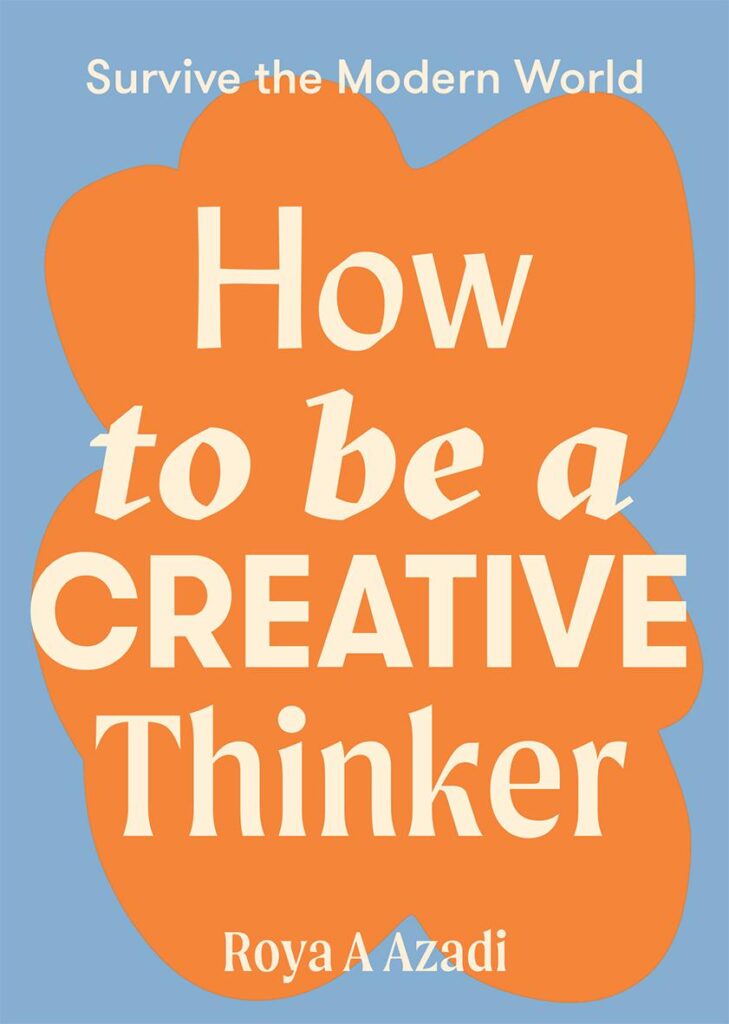Is Sierra Leone the Escape Plan for Black Americans?
In recent years, a growing number of Black Americans have turned their gaze toward West Africa, with Sierra Leone emerging as a prominent destination for those seeking a fresh start and deeper connection to their roots. Amidst ongoing social and economic challenges in the United States, conversations around repatriation and the pursuit of opportunities abroad are gaining momentum. The New York Amsterdam News explores this phenomenon, delving into the motivations behind this migration trend, the experiences of those who have already made the leap, and the potential implications for both Sierra Leone and the African diaspora. As the quest for identity and belonging continues to shape lives and communities, can Sierra Leone truly offer a viable escape plan for Black Americans looking to forge a new path?
Exploring Sierra Leone as a Promised Land for Black Americans
Sierra Leone is increasingly being recognized as a sanctuary for Black Americans seeking a deeper connection to their roots and a place to thrive away from systemic challenges faced in the United States. The nation, with its rich cultural heritage and diverse history, serves as a beacon of hope and a chance for reinvention for many. Notable initiatives and programs are emerging to facilitate this journey, including:
- Investment opportunities: With the mining sector and agriculture showing growth, there are numerous avenues for entrepreneurial endeavors.
- Cultural exchanges: Programs that promote understanding and appreciation of Sierra Leonean heritage are gaining traction.
- Land grants: Opportunities for land ownership at reasonable rates make it an attractive option for those wishing to establish a new beginning.
In recent years, initiatives such as the “Go Home” campaign have gained momentum, encouraging a dialogue about diaspora return. Community leaders and government officials have been vocal about creating an inclusive environment where Black Americans can feel a sense of belonging. This aspirational movement is also aimed at bridging the gap between those who have left and the home they aim to return to, paving the way for potential collaboration in various sectors, including:
| Sector | Opportunity |
|---|---|
| Cultural Arts | Promoting traditional crafts and art forms |
| Agriculture | Organic farming and sustainable practices |
| Technology | Establishing tech hubs and innovation centers |
Cultural Heritage and Economic Opportunities: A New Frontier
Sierra Leone has emerged as a beacon of hope for Black Americans seeking to reconnect with their ancestral roots and explore sustainable economic opportunities. The country, richly adorned with diverse cultural heritage, offers a unique landscape where tradition and modernity converge. As awareness grows regarding the potential for development driven by heritage tourism and local craftsmanship, opportunities abound for investment in sectors including:
- Ecotourism: Leveraging Sierra Leone’s pristine beaches and lush rainforests.
- Arts and Crafts: Promoting local artisans and traditional handicrafts to a global audience.
- Agriculture: Expanding sustainable farming practices that honor historical methods while adapting to modern demands.
The government’s commitment to revitalizing the economy by preserving cultural sites and fostering community engagement has created fertile ground for entrepreneurial ventures. Investors and returnees can tap into promising sectors that are intertwined with Sierra Leone’s cultural identity. Regular initiatives such as cultural festivals and heritage exhibitions enable networking and collaboration between local communities and diaspora members. A comprehensive overview of potential opportunities can be visualized as follows:
| Industry | Potential Impact |
|---|---|
| Tourism | Boost local economies through visitor spending. |
| Crafts | Create jobs and preserve traditional skills. |
| Agriculture | Enhance food security and community self-sufficiency. |
Navigating Challenges and Building Community: Recommendations for Relocation
Relocating to Sierra Leone presents both opportunities and challenges that must be navigated thoughtfully. For those considering this move, it’s crucial to do thorough research and connect with local communities to gain a nuanced understanding of life in Sierra Leone. Engaging with expat networks can provide invaluable insights into daily living, cultural expectations, and potential hurdles such as securing housing and employment. Key recommendations include:
- Join online forums and social media groups dedicated to the Sierra Leonean diaspora.
- Attend networking events and community gatherings in your area to meet those who have already made the transition.
- Learn about local customs and languages to foster meaningful relationships.
Adapting to a new environment requires not just physical relocation but also emotional adjustment. Building a supportive community can ease this transition and provide resources during challenging times. Engage with local organizations that focus on health, education, and economic empowerment to create a robust support network. Develop a plan for social integration by participating in cultural activities and volunteering within the community. Notable strategies include:
- Volunteer with NGOs that align with your values and skills.
- Participate in local cultural events to foster connections with residents.
- Create or join local groups focused on shared interests, such as arts, sports, or business networking.
The Way Forward
In conclusion, the ongoing discourse surrounding Sierra Leone as a potential escape plan for Black Americans reflects a complex interplay of historical ties, social aspirations, and economic realities. Many are drawn to the country’s rich cultural heritage and the promise of a fresh start in a nation that openly celebrates its connections to the African diaspora. However, the challenges of relocation, integration, and the realities of life in Sierra Leone cannot be overlooked. As Black Americans contemplate this option, a deeper understanding of the social, economic, and political landscape of Sierra Leone is crucial. Ultimately, whether viewed as a viable alternative or a dream of returning to roots, the conversation on displacement, identity, and belonging continues to resonate in contemporary society, shaping both perspectives and possibilities for the future.

